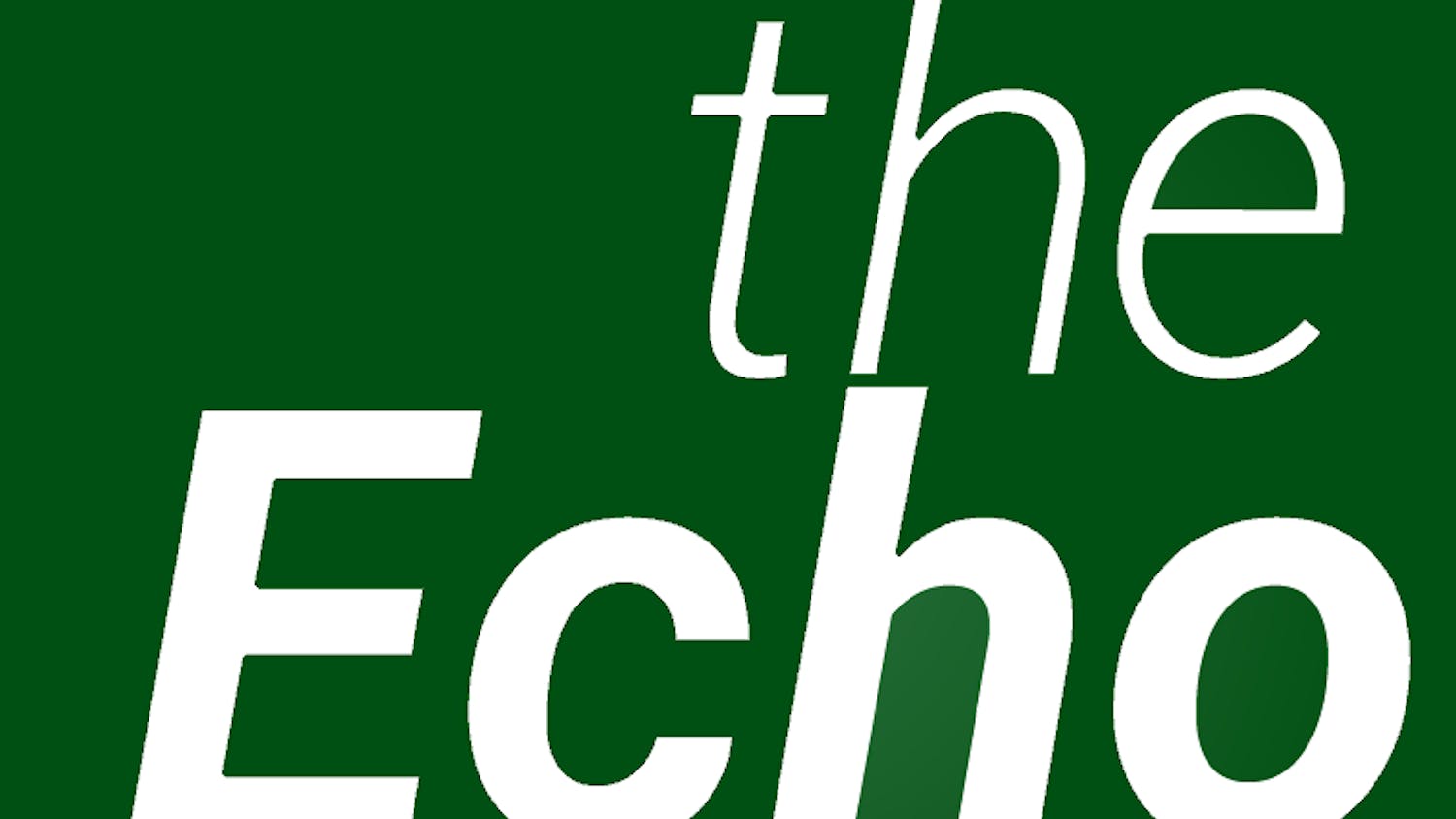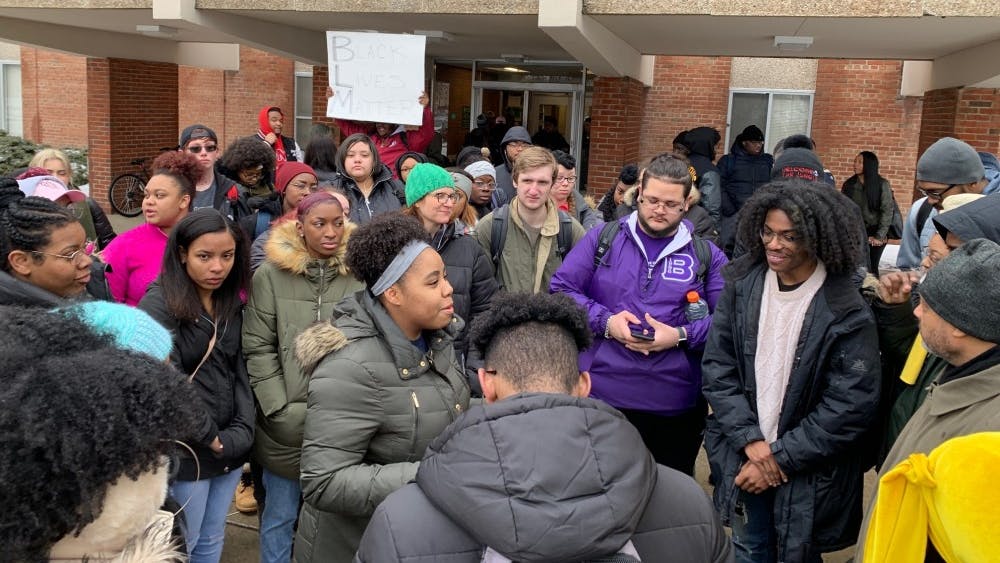The medical industry is one of the most important industries in the world; We are able to treat illnesses and disorders in ways we were never able to before. However, not all people in the medical world are correct. Medical bias exists and it can have detrimental consequences on patients.
I was one of those patients with an incorrect doctor. At the age of 12, I was diagnosed with insulin resistance, Non-Alcoholic Fatty Liver Disorder and possible Polycystic Ovarian Syndrome. My doctor told me the best way to treat this was to lose weight. As an overweight kid, it seemed like all of my illnesses would be cured by losing weight and after being told I would die from my liver bleeding at 40 years old, I thought it would be best to follow the doctor’s orders. After all, they know what’s best for us, right?
I was put on a diet in which I could eat little to no sugar or fat. The maximum amount I was allowed to eat was around 15 grams of each per day. I was not allowed to drink anything except water, I was only allowed skim milk and I was eating a fraction of what I was supposed to in a day. The fear of being told I would die from internal bleeding was enough to scare me into not eating. I ate one full meal a day and an apple during school.
I was also told to weigh myself and track it every day. I started a notebook where I would track my weight twice a day; Once in the morning and once at night. For my 12-year-old brain, this rapidly became obsessive. If I ate more than I was supposed to, I felt guilt. If my weight fluctuated up rather than down, I felt guilt. I was starting to constantly think about it all the time and I never felt good about it.
I dropped 40 pounds in two months. I was tired, nauseous and left without motivation. I was making myself sick without even noticing it: I felt lightheaded, I never felt up to anything and I never felt fully there. My brain was always so cloudy, I never really knew what was going on. Even for an adult, this diet is unhealthy let alone for a 12-year-old child.
There was fear instilled in my brain that was not supposed to be there. My doctor took an inappropriate response based on the results he wanted to see. I was afraid of death and it made my mental health and physical health suffer. I ended up sicker than I was when I was originally diagnosed.
The worst part for me was the praise from the people around me. Friends, family and teachers saw that I was losing weight and they congratulated me. I thought I was doing something good for myself based on the words of my doctor and the reactions of the people around me. I didn’t understand why I wasn’t feeling better when I was doing everything I was supposed to do.
It wasn’t until I saw a new dietitian that I realized something was wrong. She told me to stop what I was doing immediately and that what I was doing was heading toward an eating disorder. I was confused because I was only following my doctor’s orders. I trusted a medical professional with my health, as you are supposed to do, and I was misled.
To this day, I look back and am filled with disgust. I see my little cousins who are 12 and 13-years-old and I cannot imagine something like that happening to them. Now that I’m older, I understand that the doctor may have been biased. I really got a sense of how bad things were once I got older and brought up the stories to other people to hear their opinions. So many times women, minority and overweight patients are overlooked due to bias from doctors.
There are several horror stories similar to and worse than mine of patients’ actual medical conditions being overlooked, just to be given antibiotics instead of being told to “just lose weight.” These people have ended up with serious, sometimes life-altering medical conditions. Patients not being taken seriously is a hidden problem that happens more often than we think in the medical world.
I’m not saying that every doctor is out to get you or that if you’re overweight or a woman you shouldn’t trust your doctor. This is simply meant to raise awareness of things that happen behind closed doors in the medical world and how it can potentially be dangerous to your health. Let my experience be something you take with a grain of salt, but do be cautious. If you feel your diagnosis is not correct, speak up and make sure you, as a patient, are heard.










